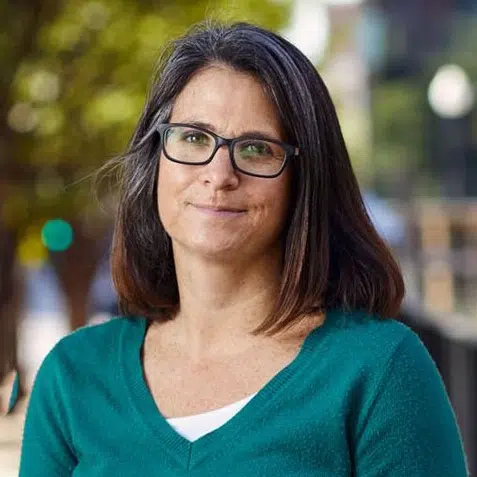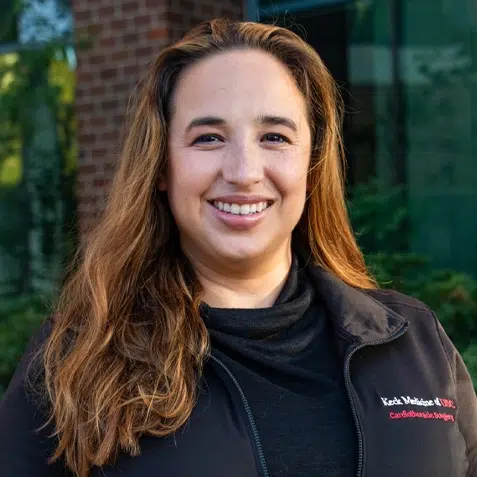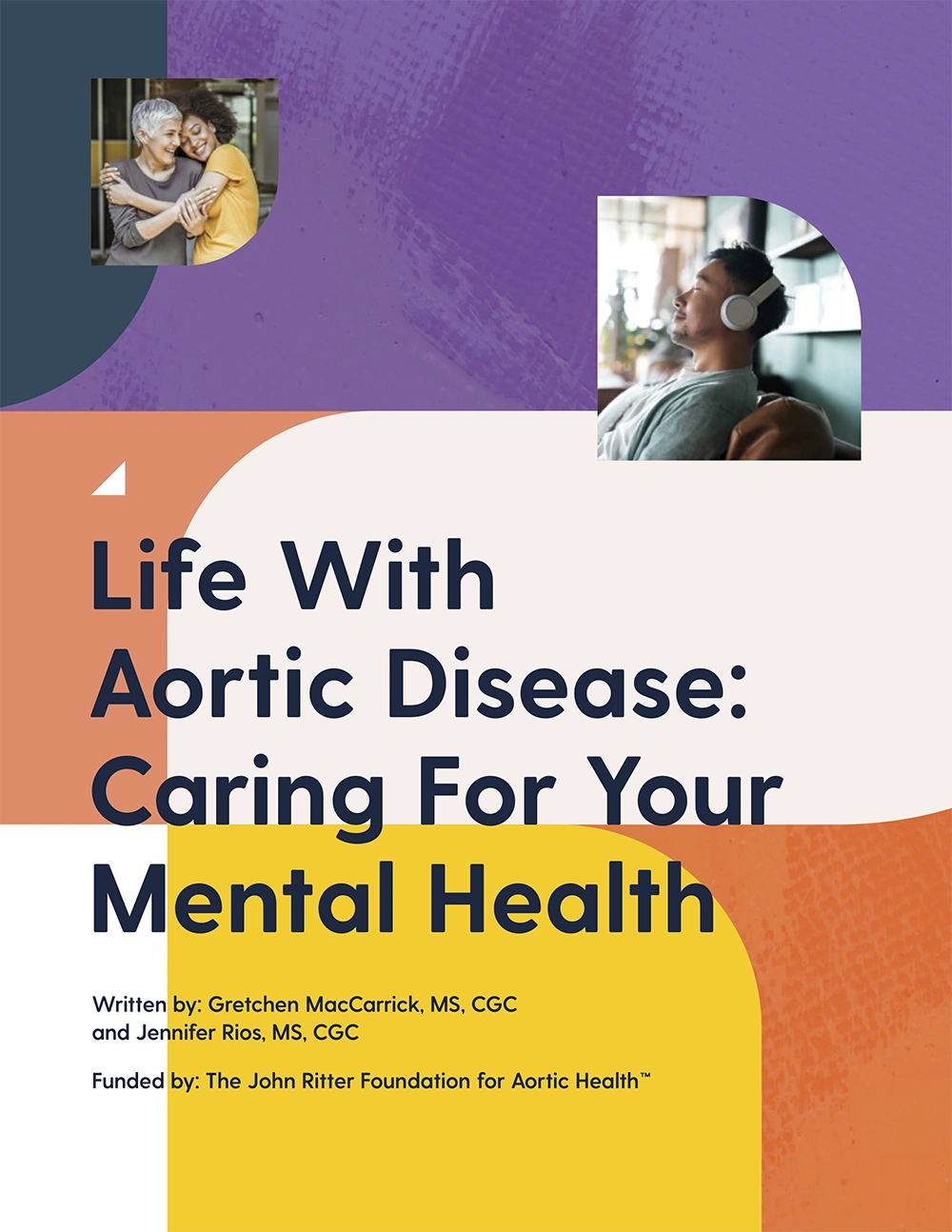Life with Aortic Disease: Caring for Your Mental Health
Individuals who have experienced aortic dissection or who are at risk of aortic dissection often experience diverse emotional reactions due to their health status. Studies have reported up to about 1/3 of patients experience isolation, anxiety, depression and post-traumatic stress disorder during their journey with aortic disease.
The majority of research has revolved around quality-of-life surveys sent to patients at different time points after surgery and they conclude that mental health topics are an issue for patients and should be addressed and treated. Anecdotally, patients report that caregivers are not addressing these topics with them and that they have struggled with finding resources or accessing therapy by someone familiar with aortic dissection and its impact on their life.
Briefly, some of the topics in the resource will include:
- Mental health challenges and what life situations are impacted in being a patient with aortic disease
- Descriptions of different mental health topics and the grief cycle
- Types of therapy that may be useful and how to access
- Other ways of managing emotion (exercise, meditation, art, etc.)
- Finding local/national support resources
- Impact on relationships
- Information on barriers to access and healthcare disparities
- Resources in cases of feelings of urgent self-harm
The John Ritter Foundation for Aortic Health has supported the development of an educational resource addressing mental health topics. It has been professionally and patient-reviewed and is an important resource to help patients feel validated in their feelings, avoid feelings of isolation, and to help them access mental health support if they need it.

Gretchen MacCarrick, MS, CGC
Gretchen MacCarrick is a board-certified genetic counselor in the Department of Genetic Medicine at Johns Hopkins. She has worked in the Cardiovascular Connective Tissue Clinic since 2001, with activities surrounding both patient care and clinical research initiatives. She is co-founder of the Loeys-Dietz Syndrome Foundation and a member of the Professional Advisory Board for the Marfan Foundation.

Jennifer Rios, MS, CGC
Jennifer Rios is a board-certified genetic counselor for USC Cardiac and Vascular Institute at Keck Medical Center of USC, She has worked in the Genetic Aortic and Related Disease (GARD) center for three years and is dedicated to improving access to genetic testing for aortopathies by means of research, education, and community outreach.
Funded by the 2022 Research Grant:
Mental Health in Aortic Aneurysm and Dissection (MHAAD) Initiative
This resource is provided for free of charge to enhance public access to mental health information. The information provided through this resource is not intended to be used for diagnosing or treating a health problem or disease. It is not a substitute for professional care.
@2023 The John Ritter Foundation for Aortic Health. All rights reserved.


